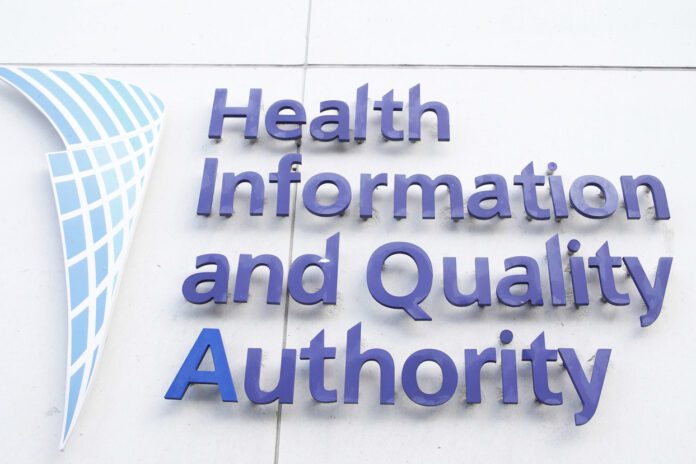
A RESIDENTIAL care centre for children in the Mid West has been told that it must reduce or eliminate a restrictive practice it has been using for more than three years to control children.
The centre, the location of which is undisclosed to protect the children, caters for respite care for families, carers, and foster parents.
The centre was the subject of an announced inspection by the Health Information and Quality Authority (HIQA) over two days in December and was found to be non-compliant in the area of “restrictive practice”.
The HIQA report stated that “there was one restrictive practice in place at the time of inspection. It was found that the restrictive practice had been used for a prolonged period of time, three years, and that the managers and staff had not sought to continually reduce or eliminate its use.”
“Inspectors found there was no effective mechanism in place that monitored, recorded, and reviewed the use of the restrictive practice. The managers had not used the centre’s risk escalation procedure to address its prolonged use in the service and the impact on the child.
“Additionally, there was no available evidence that the child was consulted with throughout the decision-making process.”
Asked by the Limerick Post what a restrictive practice entails, a spokesperson for Tusla said, it is “an action taken by social care staff that can limit the rights of a child/young person and is implemented as a temporary measure to ensure their safety or the safety of others”.
“Where a social care worker has identified a restrictive practice as necessary, examples can include increased level of staff supervision, limiting access to mobile phones, or searching a young person’s room.”
Outlining how it would come into compliance with the requirements, the centre stated: “A restrictive practice register will be implemented in the centre to support oversight and governance and will be reviewed monthly by the centre manager.”
“The requirement for a restrictive practice will be evaluated through a risk assessment that clearly outlines the reasons for such a measure, seeks the views of the young person, provides a timescale for review and details of what needs to happen in order for the restrictive practice to be reduced or eliminated.
“Where no change is taking place to allow for the restrictive measure to be safely reviewed or eliminated, this must be escalated to the regional manager for their review.”
Eight other areas were found to be compliant or substantially compliant in the children’s residential care centre.
Welcoming the findings of the report, child and family agency Tusla said the publication “noted that the centre had a warm, positive, and child-centred environment, with children’s art and messages displayed around the premises”.
“Children in the centre received good quality care with one child saying ‘it’s like my second home’. The views of the children were listened to, and they had positive and warm interactions with the staff, who one child described as ‘absolutely amazing’.”









